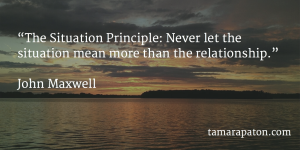

The big brains in governance share lists of great boardroom questions. Looking to consultants, academics and regulators, we can compile a massive database of potential inquiry.
And yet I attend board meetings that sound more like a conversation with a firing squad than a constructive dialogue. If we have the experts’ guidance on hand, why do we struggle?
[Tweet “Great questions mean the difference between a one-way interrogation and a generative exchange. “]
In my experience, the best governance questions arise in the moment from a lively discussion. There are ways to prepare in advance, however, if we adopt a coaching mindset.
Great boardroom questions begin with an intention
It’s tempting to dive into a 200-page pre-read document and start scribbling questions. That’s our job as directors, right?
Yes…and no. Certainly, questions are the most effective way to discharge our responsibilities. We can’t know everything going on inside an organization, but inquiry can provide the reasonable assurance we need.
Our questions also serve as a platform for building relationships. These relationships with management and with our fellow directors will be critical if things go sideways in the future.
What do we as directors want out of this meeting? What is the overall context of the board/management relationship? How can our questions inspire a dialogue that advances our broader goals for the board?
A little advance reflection can make our questions incredibly powerful.
Identify what you need to know to understand the situation
Directors need to feel comfortable with the vulnerable position of not knowing and admitting just that. Provided a question isn’t answered in the pre-read, it is fair game. Beginning with a posture of genuine curiosity goes a long way with a management team.
Unfortunately, I often see directors ask questions only because they are supposed to ask. They go through the motions as if doing so earns them the right to pounce later on. When a director is clearly seeking an opportunity to say “Gotcha!”, I wish a buzzer would go off overhead.
Prepare how you’ll ask your questions
This is where many directors kill potential dialogue. To give management space to reflect and respond effectively, we need to use open-ended queries. Lead with “what”, “how”, “who”, “where”, and “when”. I avoid “why”, as it can feel judgmental. “What was your intention…?” can get us to the same place without appearing confrontational.
Build a bridge to dialogue
Respond to management’s comments with follow-on questions. If we immediately move on to a fresh question on our list, we create a feeling of ping-pong with painfully short rallies. Instead, continuing to improve our own understanding can open a CEO to a possibility she may not have considered yet.
These conversations are most productive in an environment that values respectful dissent. When a management team feels insecure with its board, they try to shut down and close off questions. If they feel comfortable disagreeing with a director, however, then a generative exchange can build. The ultimate result is learning and improved trust around the entire table.
Ask permission to share a perspective
Recognizing that directors are not supposed to have the answers, we can advance the group’s thinking by sharing a theory. One of my most seasoned colleagues asks, “Are you open to my sharing a different take on this?” Or, “Could I offer you a different lens?”. Once this director has used constructive inquiry to understand a situation, he tests the audience before revealing his theory. This approach works for him every. single. time.
Skilled directors build a bridge between a thick pre-read document and rich boardroom dialogue. Although management may tee up a discussion, it is our responsibility to pose insightful questions and ask them in the right way.
Doing so can give a busy manager the space in which to step back and examine a situation. The right question can stop a CEO in her tracks and envision a new solution to an old problem.
The end result is the deep understanding and transparent relationships that yield a high-performing board.
Question: What techniques do you rely on to set the tone for constructive dialogue?
Please join in the conversation and share your thoughts and ideas in the comments section below.










